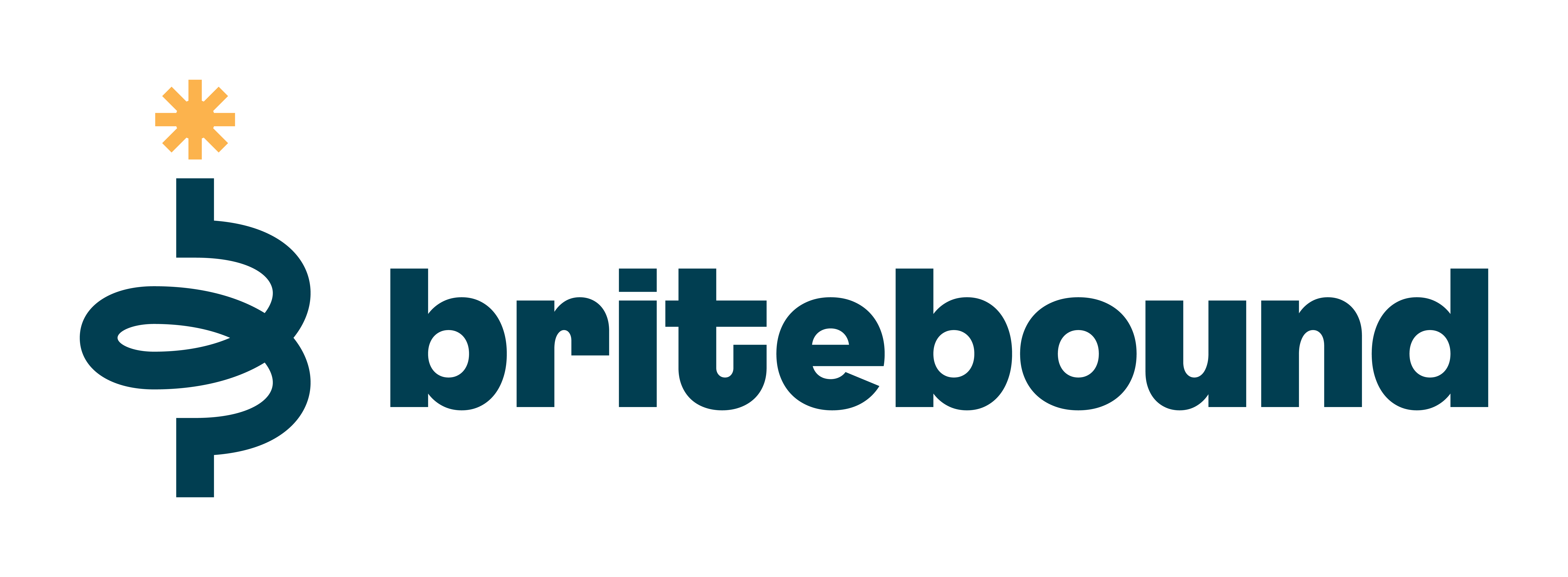Dive Brief:
- Educators must be given time to build relationships and collaborate, according to a recent post on the Albert Shanker Institute's blog.
- Per research done by Professors Kara S. Finnigan and Alan J. Daly, the emphasis on technical knowledge is not enough — relationships are key for any reform effort to thrive and resources to flow.
- Finnigan and Daly write about the current climate, which breeds "pressure and distrust," being counterproductive for real transformational and beneficial changes to occur in schools.
Dive Insight:
The social side of education reform is key for Finnigan and Daly. From their four years of research around the country at one midsize and three large districts, the duo came up with various findings and observations on how schools collaborate. One interesting find deals specifically with low-performing schools: "Specifically, we found that the exchange of expertise was especially low among principals of under-performing schools. Moreover, when leaders from these schools did reach out to other principals, they tended only to connect to leaders of other low performing schools." For the researchers, this lack of ties between high- and low-performing schools means there is a block in innovative and useful information flow.












